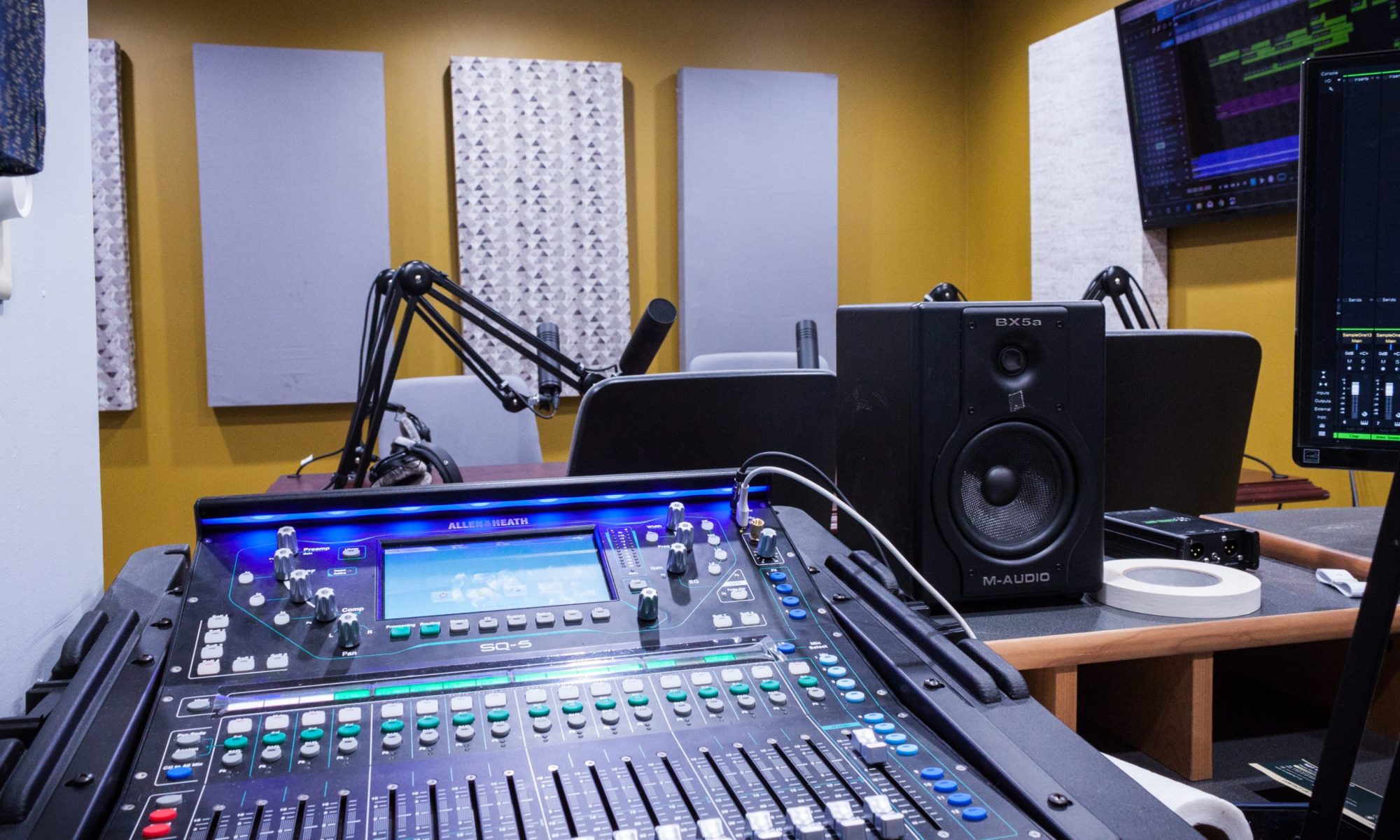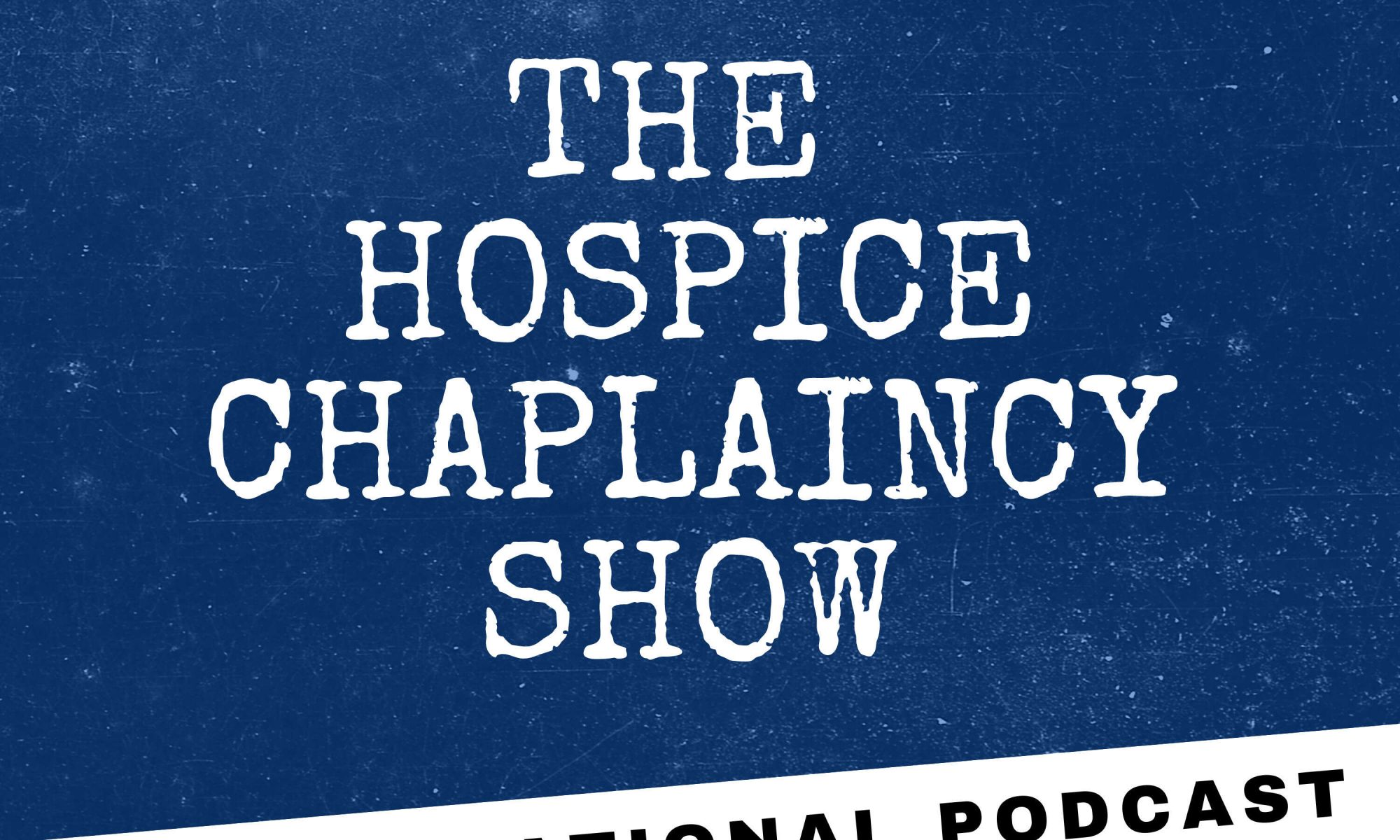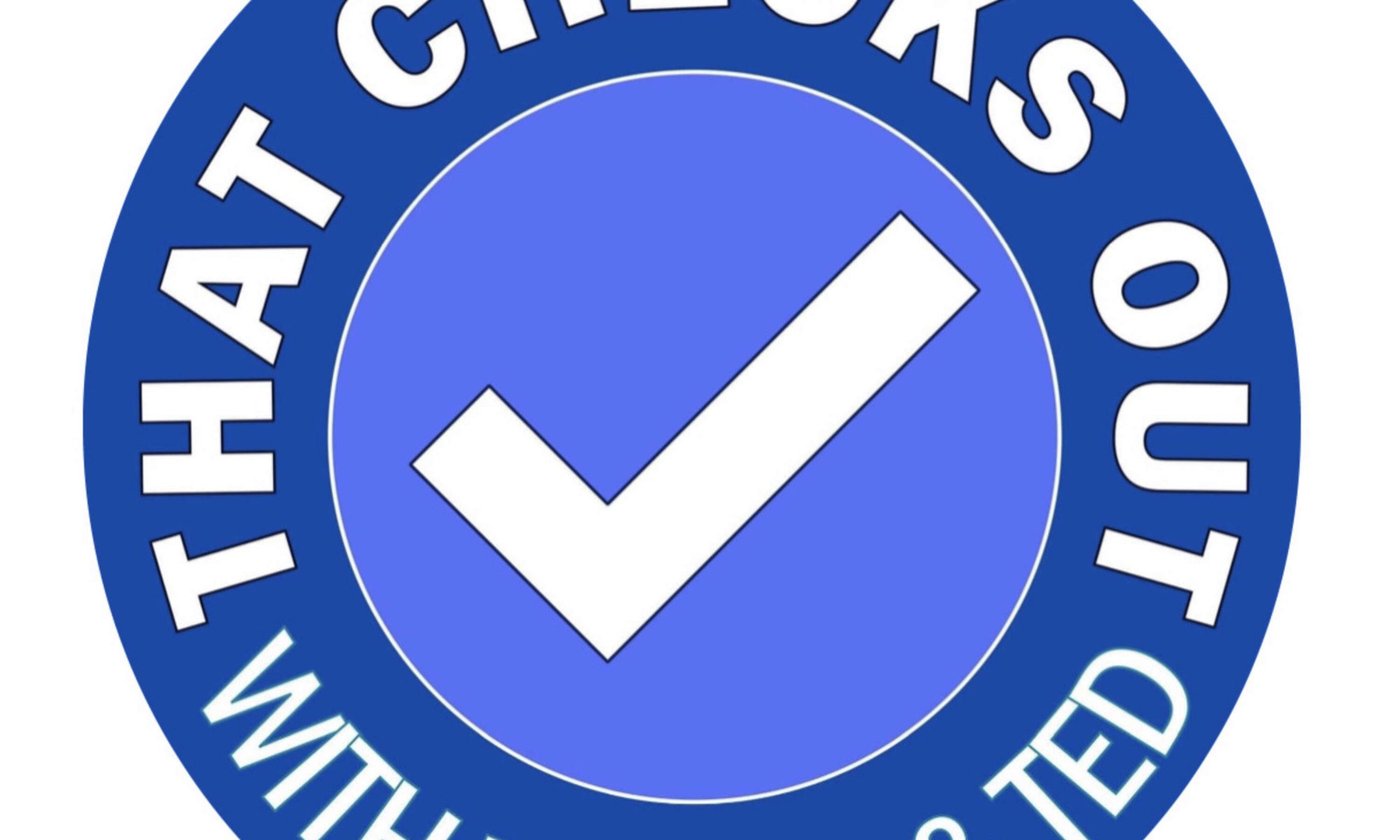As a music therapist Jen utilizes music in clinical settings for healing, building connections, and as a tool to walk with others through struggles and change. She brings healing music to patients and clients in geriatrics, hospice, mental health, and educational settings. Within the medical setting Jen incorporates music therapy into the plan of care to address issues of pain reduction, depression, anxiety, loss of control, quality of life, spiritual support and a host of other needs. She utilizes songwriting and improvisation heavily in her practice with both patients and families. You can find more about Jen Conley here; https://jenconleymusic.com/
I’m Just Saying
Damon wants to know where to find the best biscuits and gravy in Chicago. Email him your picks!
thatchecksoutwdt@gmail.com
Follow us on social media!
thatchecksout.net
twitter.com/OutWdt
instagram.com/thatchecksoutwdt
facebook.com/thatchecksoutwithdamonandted
Recorded at Audiohive Podcasting
Hosted on Transistor.fm
Episode 11: Jim Benuska on Funeral Home practice and celebrations of life during the pandemic
Over the past week, the obituary pages of area newspapers have become a haunting litany of “memorial service to be held at a later date,” “no services,” and “services canceled due to COVID-19.” To be sure, this is our new normal, but for funeral directors dealing with the day-to-day business of life and death, the coronavirus and social distancing era has changed the way they help people grieve, and how funeral homes host celebrations of life.
Episode 10: Allison Nichols on COVID-19 and Hospital Emergency Room Social Work
The lack of widespread screening means the coronavirus may well be present in countless hospital wards without anyone realizing it. Accordingly, many emergency-room workers are now behaving as if they’re already infected and separating from their families. One ER doctor said he has been sleeping in the guest bedroom for weeks. Other doctors have sent their families off to stay at second homes.
The majority of workers who keep America’s hospitals running don’t have the salary to afford extra bedrooms, much less extra properties. For technicians, respiratory therapists, social workers, chaplains, first responders, cleaning staff, and many others, doing their job is an act of moral complexity. Without enough PPE, they’re putting their own health at risk every time they report for duty, as well as that of their families. With that we say, thank you for your service!
Episode 9: The Making of Saul Ebema the Hospice Chaplain
Saul Ebema got his bachelor’s degree in Theology from the Baptist Convention College in Soweto. He then got a Presidential Scholarship from Northern Seminary where he was able to complete his Masters in Divinity and Doctorate in Ministry.



